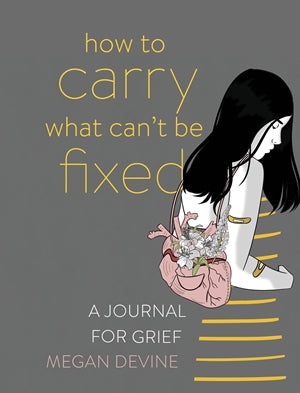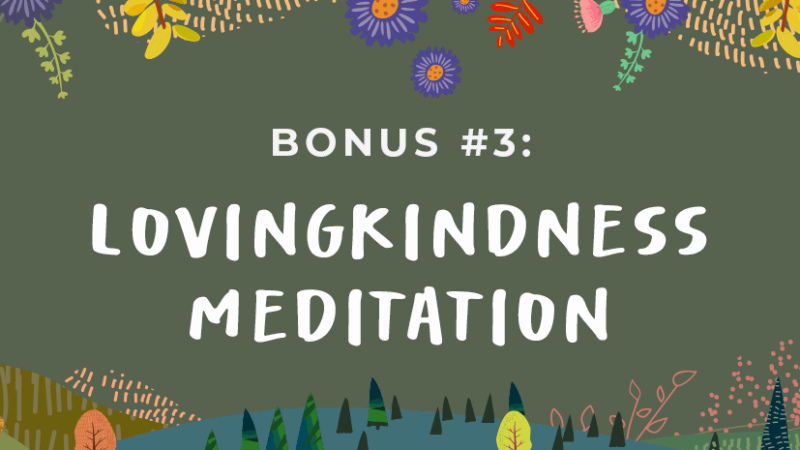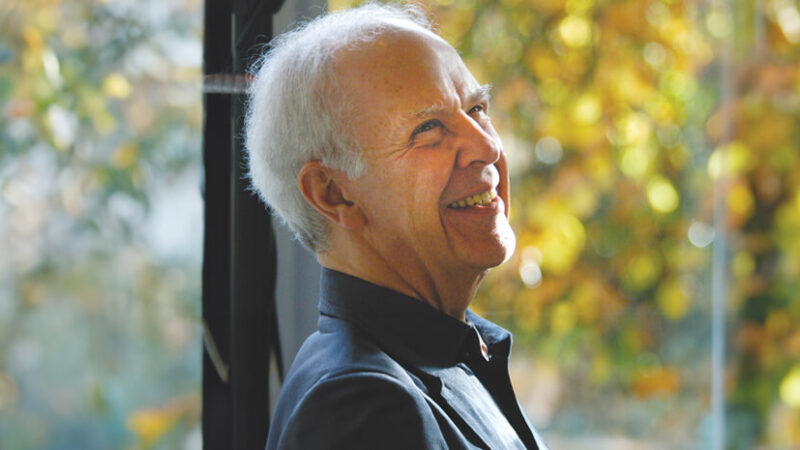
Tip #1: Claiming your discomfort allows you to show up and be present. From the griever’s perspective, it’s a huge relief to be around those who are willing to be uncomfortable and show up anyway.
If you aren’t sure you should say something—ask. Err on the side of being present. Your effort really is noticed and appreciated.
Tip #2: Don’t be a cheerleader. When things are dark, it’s OK to be dark. Not every corner needs the bright light of encouragement. In a similar vein, don’t encourage someone to have gratitude for the good things that still exist. Good things and horrible things occupy the same space; they don’t cancel each other out.
Do mirror their reality back to them. When they say, “This entirely sucks,” say, “Yes, it does.” It’s amazing how much that helps.
Tip #3: Don’t talk about “later.” When someone you love is in pain, it’s tempting to talk about how great things are going to be for them in the future. Right now, that future is irrelevant. Stay in the present moment, or if the person is talking about the past, join them there. Allow them to choose.
Tip #4: In all things, not just in grief, it’s important to get consent before giving advice or offering strategies. Ask the person whom you’re supporting, “Are you wanting empathy or a strategy right now?” Respect their answer.
Tip #5: Lean in and hang back. Respond to your friend, be curious and responsive to their needs. At the same time, don’t ask the grieving person to do more work. Observe how things are landing for them, but in those early days, please don’t expect—or demand—that they show up with their normal emotional-relational skills. They do not have them. Asking the grieving person to educate you on how best to help is simply not something they can do.
Excerpted from It’s OK That You’re Not OK: Meeting Grief and Loss in a Culture That Doesn’t Understand by Megan Devine.

Megan Devine is a writer, speaker, and advocate for emotional change on a cultural level. She holds a master’s in counseling psychology. Since the tragic loss of her partner in 2009, Megan has emerged as a bold new voice in the world of grief support. Her contributions via her site Refuge in Grief have helped create sanctuary for those in pain and encouragement for those who want to help. For more, visit refugeingrief.com.
Buy your copy of It’s OK That You’re Not OK at your favorite bookseller!
Sounds True | Amazon | Barnes & Noble | Indiebound











 Megan Devine
Megan Devine 


